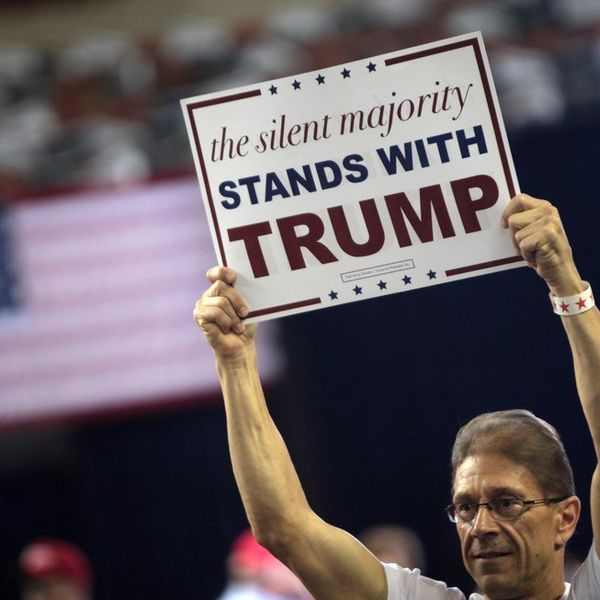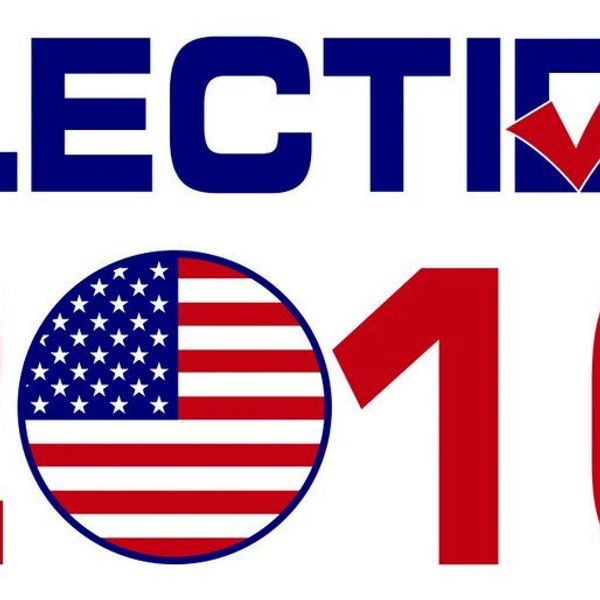It’s the 21st century, undoubtedly the most liberal time period in history, and yet we are more politically polarized than ever before. In a time where we have the first black president, same-sex marriage and abortion are legal, and medical marijuana is slowly becoming legal nationwide, one would expect that our political parties could reach a consensus and pass laws. However, this is not the case. In fact, we are so divided that our Congress has an 11 percent approval rating. Bummer, right?
Why is it that we are so open-minded and so tolerant, yet when it comes to passing a law we end up in a stalemate? I’ll start with two of the biggest reasons:
Reason #1: Democracy
Ironically, one of the reasons America is so divided is that we are a democracy. This can be good and bad. In a democracy, we have many factions, many parties, that represent the interests of the people. This is helpful because every one of us can have a say in what we believe is best for ourselves and best for the country. Democracy can also work against us, and can be quite detrimental. Because we have a multitude of views, it’s hard to come to an agreement. Say you are in an argument with your best friend and you are both debating on what the best cake is. You believe that there is no better cake than chocolate cake, and your friend believes there is no better cake than ice cream cake. Of course, you can always order a chocolate ice cream cake, but no, you want that chocolate cake. That’s the exact same problem we face today. People are so deeply rooted in their convictions, that they are unwilling to come to an agreement. This is one of the main reasons why our congress can’t decide on anything.
Reason #2: Special Interest groups control much of Washington
Whether you like it or not, our government is largely controlled by special interests. It is not a secret that many of our politicians are bought off by big corporations. These corporations finance politicians to influence politics to favor their businesses, as well as their own personal interests. This is an issue that many of our current political candidates are trying to change. Ironically, Bernie Sanders and Donald Trump, candidates on the polar sides of the spectrum, both agree that Wall Street shouldn’t control ‘Main Street America.’ They argue that if big money can’t be used to pay off politicians, our whole entire system would change and that politicians would serve the people rather than themselves.
Just the other day, President Obama announced his nominee for the Supreme Court Justice to replace the late Justice Antonin Scalia, and appointed Chief Judge Merrick Garland. In his nomination speech, the president mentioned that Garland has, “shown a rare ability to…persuade colleagues with wide-ranging judicial philosophies to sign onto his opinions.” The president hiring someone with bipartisan appeal shows how politicians might try to resolve the conflict and ineffectiveness in the current government.
But the very same day, Senator Mitch McConnell said that the Republican party won’t vote for the nominee until after the election. He argued that Obama nominated Garland to, “politicize it for the purpose of the election.” He also added that he believes the American people should have a say on who will fill the seat. Of course, it isn’t just the Republican party that is fully partisan, but they control both the house and the senate. So if they don’t vote for a justice that the president appoints until after the election, there won’t be one. This presents a major dilemma for the American people: if there is no ninth supreme court justice, how will be able to pass laws? The answer is we can’t. We need the judicial branch. Without that ninth justice, we can’t decide whether a law is unconstitutional or constitutional, and therefore, we can’t implement new policy. This can not only destroy Obama’s legacy, but put the lives of the American people in jeopardy and on the brink of disaster.
The Solution
Some argue that the most difficult, but most likely successful approach in solving these issues is to change the entire system. They want to create a system where big corporations have a limited say, and where everyone’s interest is put to the table. Even if they are right, it is highly unlikely for anything to happen in the foreseeable future. Coming up with an entirely new system of government is extremely challenging, and would probably take decades, if not centuries long. And if we can’t agree on anything, how could we agree on a new system? Perhaps it’s not the system that’s the problem, but some of the laws in it. In other words, we might need to change certain aspects of the system, but not the system itself.
As a result, there’s really only one way to go about these issues. That one way is compromise. It may sound cliché, because it is. But if both sides are willing to come to the table, there will be no more deadlock. If Merrick Garland is approved, we can pass laws. Finally, if big corporations have a limited amount of influence on politicians, their interests won’t be put ahead of the peoples’ interests. This will involve a change in some laws that both sides must agree on. For now, first and foremost, compromise needs to happen on both sides. Then, maybe one day, we can see a 99% Congress approval rating.





















